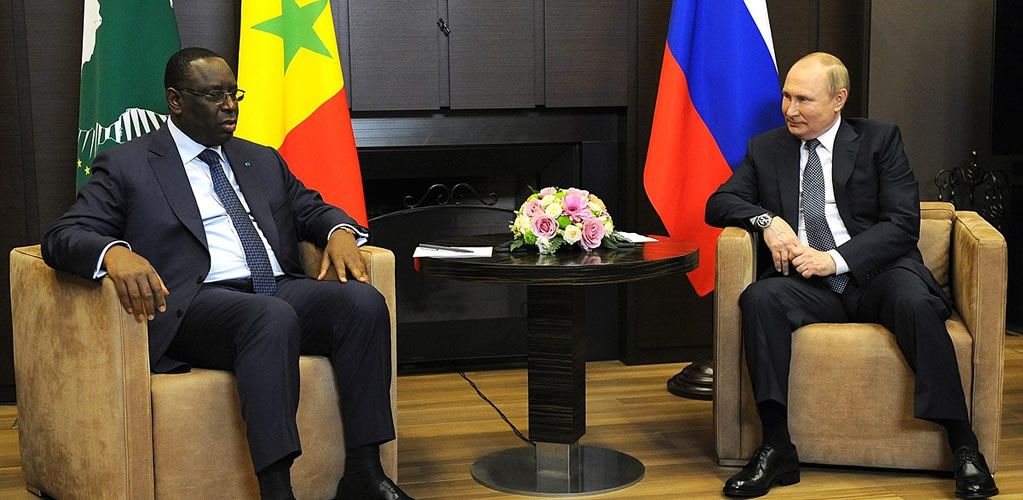Russia’s support base grows as countries continue to mix vodka with their politics
Russia’s support base is slowly growing while countries condemning it have decreased, particularly from emerging economies.

Russia’s support base is slowly growing while countries condemning it have decreased, particularly from emerging economies.
📌 The main points...
- Data shows Russia support is slowly growing in some parts of the world.
- The number of countries either West-leaning or actively condemning Russia has dropped from 131 to 122.
- African countries such as South Africa, Uganda, Burkina Faso, and Mali have moved towards the Russia side.
- The number of neutral countries has risen from 32 to 35.
- Whilst wealthy countries mostly condemn Russia’s invasion of Ukraine, the largest group of people lives in a country that is ‘neutral’.
A ccording to a new analysis by The Economist Intelligence Unit (EIU), Russia’s support base is slowly growing in some parts of the world.
While the number of countries either West-leaning or actively condemning Russia is still larger, its figures have dropped from 131 to 122. This fall is partly driven by the shift of a number of emerging economies into a more neutral position.
CONTINUE READING...
Enjoy unlimited access now.
To get full access to this article,
simply become a member of PUBLIC SQUARE now.
By doing so, you will be supporting
our independent journalism.
MEMBERSHIP OPTIONS:
£3/month ∙ £5/month ∙ £7/month
You can cancel anytime.
BECOME A MEMBER
Already a member? Sign in here!
BENEFITS OF MEMBERSHIP:
✅ Read exclusive member-only articles
✅ Read our daily review of the UK front pages
✅ Receive every new article by email
✅ Access all our articles
✅ Get Special Discounts with our partners
✅ Join the conversation: Comment our articles
✅ Access our archives
✅ More importantly: Support independent journalism and keep the magazine going
Read more

— Your daily roundup of the front pages of the main newspapers and magazines today in the UK... and beyond.

— On his first day, Donald Trump pardoned January 6 rioters, emboldened extremists, and signed a vague economic order, raising deep concerns about his emboldened presidency and unpredictable future actions.

— Donald Trump’s second inaugural speech showcased an authoritarian manifesto, blending messianic self-aggrandisement, disdain for democratic norms, and admiration for dictators, marking a profound shift toward personality-driven, divisive governance.

— Your daily roundup of the front pages of the main newspapers and magazines today in the UK... and beyond.
|
|

